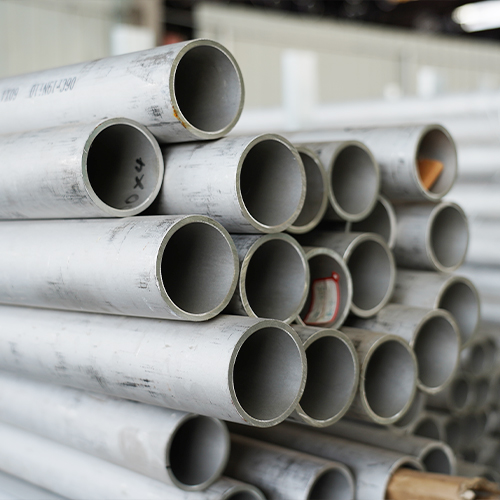What is 304 stainless steel pipe used for?
Stainless steel pipes have become an essential component in various industries due to their durability, corrosion resistance, and high-quality performance. Among the different types of stainless steel pipes available, 304 stainless steel pipe stands out for its exceptional properties and widespread use. In this article, we will explore the uses of 304 stainless steel pipe, its manufacturing process, bulk wholesale options, and price list in China's export market.
Uses of 304 Stainless Steel Pipe
304 stainless steel pipe is a popular choice for various applications due to its excellent corrosion resistance, high strength, and excellent formability. Some of the common uses of 304 stainless steel pipe include:
1. Construction and Civil Engineering: 304 stainless steel pipe is widely used in construction projects, such as building pipelines for water supply, gas distribution, and sewage systems. Its durability and resistance to corrosion make it ideal for long-term use in harsh environments.
2. Oil and Gas Industry: 304 stainless steel pipe is used in the oil and gas industry for transporting crude oil, natural gas, and other fluids. Its high strength and corrosion resistance make it suitable for withstanding the extreme pressures and temperatures encountered in these applications.
3. Chemical Industry: 304 stainless steel pipe is used in chemical processing plants for transporting various chemicals and liquids. Its non-toxic nature and resistance to chemical reactions make it an ideal material for these applications.
4. Food and Beverage Industry: 304 stainless steel pipe is used in the food and beverage industry for transporting liquids, such as milk, juice, and water. Its hygienic properties and resistance to contamination make it an ideal material for these applications.
Manufacturing Process of 304 Stainless Steel Pipe
The manufacturing process of 304 stainless steel pipe involves several steps, including:
1. Melting: High-quality raw materials are melted in a furnace to produce molten stainless steel.
2. Casting: The molten stainless steel is poured into a mold to create a solid block or billet.
3. Rolling: The solid block or billet is rolled into a thin sheet using a rolling mill.
4. Forming: The thin sheet is formed into a circular shape using a series of rollers and benders.
5. Welding: The circular shape is welded together to form a seamless pipe.
6. Cutting: The seamless pipe is cut to the desired length using a cutting machine.
7. Testing: The finished pipe is tested for its mechanical properties, such as strength and flexibility, to ensure compliance with industry standards.
Bulk Wholesale 304 Stainless Steel Pipe
If you are looking to purchase 304 stainless steel pipe in bulk quantities, there are several wholesalers in China that offer competitive prices and reliable delivery services. Some of the key factors to consider when choosing a wholesaler include their reputation, product quality, pricing, and delivery time. It is also important to verify the authenticity of the wholesaler by checking their business license and certifications.
Price List of 304 Stainless Steel Pipe in China's Export Market
The price of 304 stainless steel pipe in China's export market varies depending on several factors, such as the thickness of the pipe, diameter, length, and quantity ordered. Generally, the price per kilogram ranges from $2 to $5, with larger pipes and higher quantities resulting in lower per-kilogram prices. It is important to note that the price may also be influenced by external factors, such as exchange rates and shipping costs.

In conclusion, 304 stainless steel pipe is a versatile material with numerous applications in various industries due to its exceptional properties and durability. If you are considering purchasing 304 stainless steel pipe in bulk quantities, it is important to choose a reputable wholesaler that offers competitive pricing and reliable delivery services. By understanding the manufacturing process and price trends in China's export market, you can make an informed decision when selecting a supplier for your project needs.